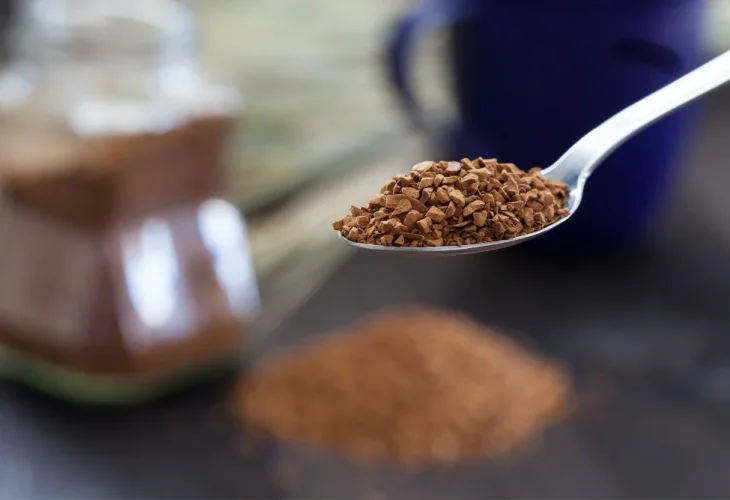Health and Nutrition
Is Decaf Coffee Healthy? What You Need to Know Before Your Next Cup
Discover the benefits and risks of decaf coffee, the different decaffeination methods, and how to choose the healthiest option for your lifestyle.

Decaf coffee is a popular option for those avoiding caffeine, but still craving the taste and aroma of coffee. Around 10% of global coffee consumption is decaffeinated, often chosen by pregnant women, individuals with high blood pressure, or people suffering from insomnia. How safe is decaf coffee, and what should you know about the decaffeination process?
How Is Decaf Coffee Made?
There are several methods used to remove caffeine from coffee beans, each with its own health implications:
1. Solvent-Based Method
This is the most common and cost-effective method. Beans are soaked in solvents like methylene chloride or ethyl acetate, which dissolve the caffeine. The solvents are then evaporated. While safe in regulated amounts, trace chemical residues may remain, raising concerns for those wanting to avoid synthetic substances.
2. Swiss Water Process
A chemical-free method that uses only water and activated carbon filters to extract caffeine while preserving flavor. It is considered safer and more environmentally friendly, but is more expensive.
3. Carbon Dioxide (CO₂) Method
High-pressure CO₂ removes the caffeine. While it is highly effective, leaves no residue, and maintains the bean’s natural compounds, it is also more costly.
Is Decaf Coffee Healthy?
Decaf coffee offers many of the same health benefits as regular coffee, such as a lower risk of type 2 diabetes and heart disease. However, there are caveats:
Chemical Residues: Although minimal, solvent-processed decaf may contain trace chemicals.
Digestive Issues: Decaf still contains acids that can trigger heartburn or acid reflux in sensitive individuals.
Caffeine Sensitivity: Despite the name, decaf still contains 2–5 mg of caffeine per cup, which may affect those highly sensitive to caffeine.
Cholesterol Levels: Some studies link decaf to slightly increased LDL ("bad") cholesterol, although results are inconclusive.
Nutrient Loss: The decaffeination process may reduce antioxidants like polyphenols, slightly lowering decaf’s overall health benefits.
Decaf coffee can be a great alternative for caffeine-sensitive individuals, but choosing a decaffeination method like the Swiss Water Process or CO₂ extraction is advisable for those concerned about chemical exposure. While generally safe, moderation and mindful selection are key to maximizing its benefits while minimizing risks.

